Who doesn’t love the stunning blooms of roses around their surroundings? Here is a detailed article on How Long Do Roses Last.
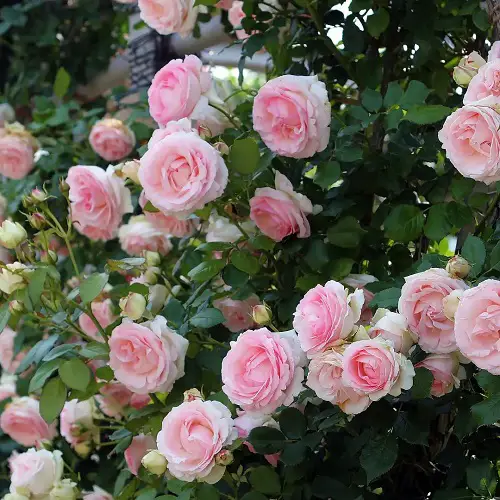
Roses are among the most popular and widely cultivated flowers in the world, and they come in various colors and varieties. In this article, we’ll explore the lifespan of roses and the factors that affect their longevity. Read on to know everything about How Long Do Roses Last?
Factors Affecting the Life of Roses
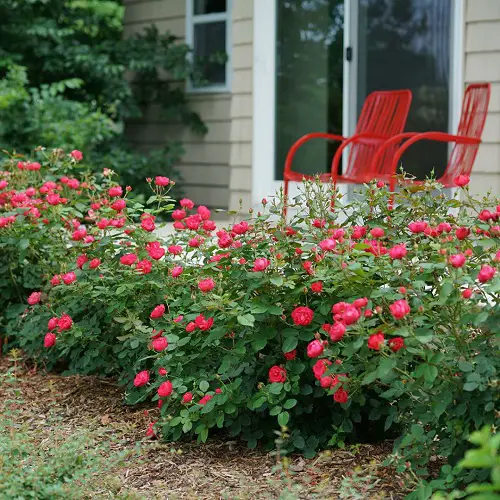
- Varietal: Different varieties of roses have different life spans. Heirloom roses and hybrid tea roses tend to last longer than other varieties, while mini roses typically have a shorter vase life.
- Environment: Roses can be sensitive to their environment. Temperature fluctuations, lack of humidity, and excessive light can all shorten their life expectancy.
- Watering: Roses need to be kept hydrated to last longer. Watering the roses regularly and ensuring that the vase is kept full is the key to keeping them fresh for longer.
- Cleaning: Pruning off dead or wilted petals and leaves can help to extend the life of a rose.
- Nutrients: Providing roses with additional nutrients in the form of fertilizers or plant boosters can help to prolong the life of the roses.
- Stress: When roses are shipped or handled in a rough manner, it can cause them to become stressed and die off more quickly. Taking steps to minimize the stress of shipping and handling can help to extend their life.
The Lifespan of Rose Blooms and Plants
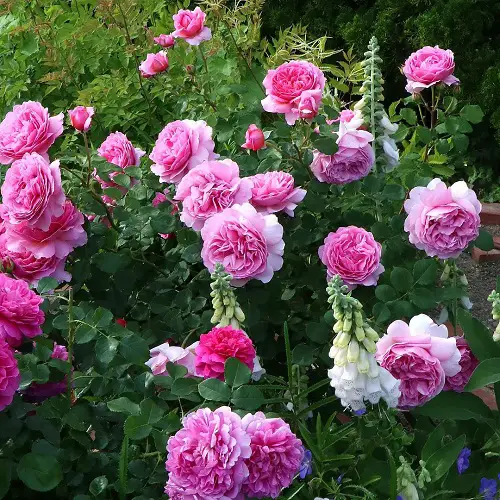
Rose blooms typically last between five and seven days, depending on the variety of rose and its growing conditions. Factors such as temperature, sunlight, water, and air circulation can all affect the life of a rose bloom. Poor air circulation, for example, can cause blooms to wilt and die faster.
Additionally, some rose varieties last longer than others, with some varieties having blooms that can last up to fourteen days.
Rose plants can live up to 50 years or more when given the right care. They can live nearly indefinitely if taken care of properly. Roses need full sun, regular watering, and good soil drainage.
Pruning is also important for promoting healthy growth and preventing disease. Rose plants should be fertilized in the spring and midsummer to encourage blooms. Pest and disease control is also important for keeping your rose plants healthy and long-lived.
How Will Your Roses Live Longer?
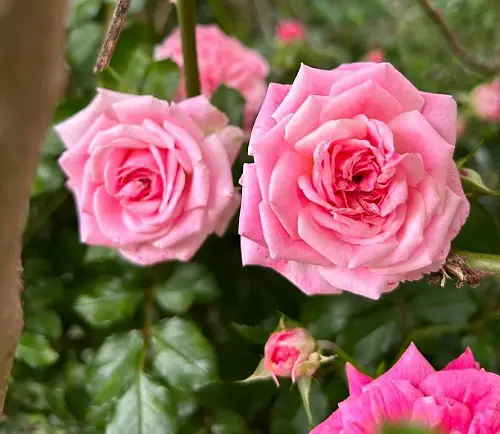
To ensure that your roses have a long life, there are several things that you can do. First, ensure that your roses receive adequate sunlight for at least 6 hours a day. Roses thrive in direct sunlight, so make sure to place them in a spot that gets plenty of sunlight. Additionally, your roses need to be watered regularly, but not too much. Avoid overwatering and keep the soil moist but not soggy.
Fertilizing is also key to keeping your roses healthy and long-lasting. Use a fertilizer that is specifically designed for roses and follow the instructions on the label.
Lastly, be sure to deadhead your roses. This means pruning off spent flowers. This will help encourage new blooms and help to keep your roses looking healthy and vibrant. By following these simple steps, you can ensure your roses will live a long life and continue to bring beauty to your garden.
How Long Do Roses Last?
The lifespan of roses on the plant varies depending on a range of factors, such as the variety of roses, environmental conditions, and care. Generally, roses bloom for several weeks to a few months, depending on the variety.
Different types of roses bloom at different times of the year. For example, hybrid tea roses typically bloom in late spring or early summer, while floribunda roses bloom from spring until the first frost. Depending on the variety and environmental conditions, roses can bloom for a period of 4-6 weeks.
Learn about Growing Roses from Bouquets here
Top Rose Growing Tips
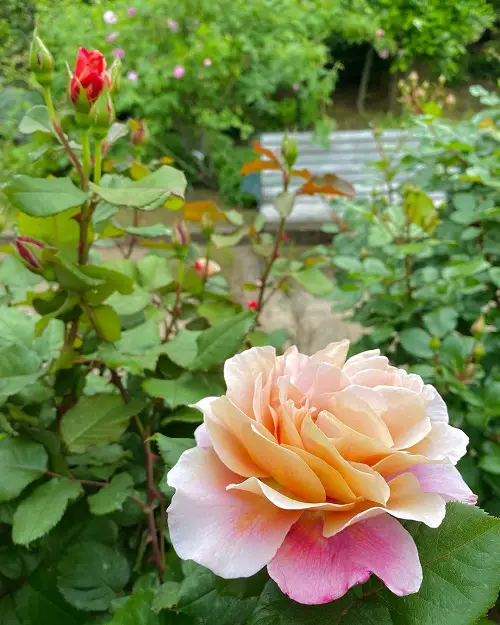
- Choose a location that receives at least 6 hours of direct sunlight each day.
- Prepare the soil by removing any weeds and working in compost or other organic matter.
- Plant at the right time of year – typically in the spring or fall.
- Plant your roses in a hole that is twice as wide and just as deep as the rootball.
- Make sure to water your roses regularly, but don’t over-water them.
- Prune regularly to encourage new growth and remove dead or diseased branches.
- Apply a balanced liquid fertilizer once in 4-5 weeks throughout the growing season
- Mulch around the base of your roses to help conserve moisture and control weeds.
- Protect from pests and diseases by inspecting them regularly and treating any problems promptly.
- Deadhead spent blooms to encourage re-blooming.


